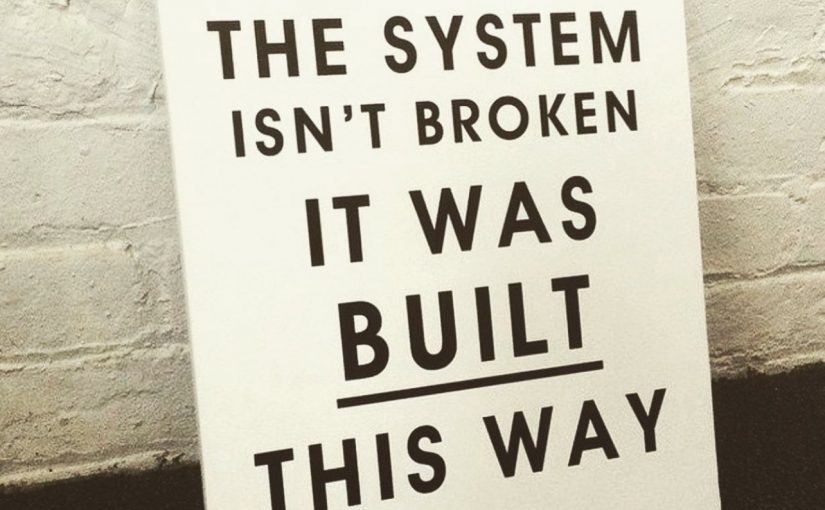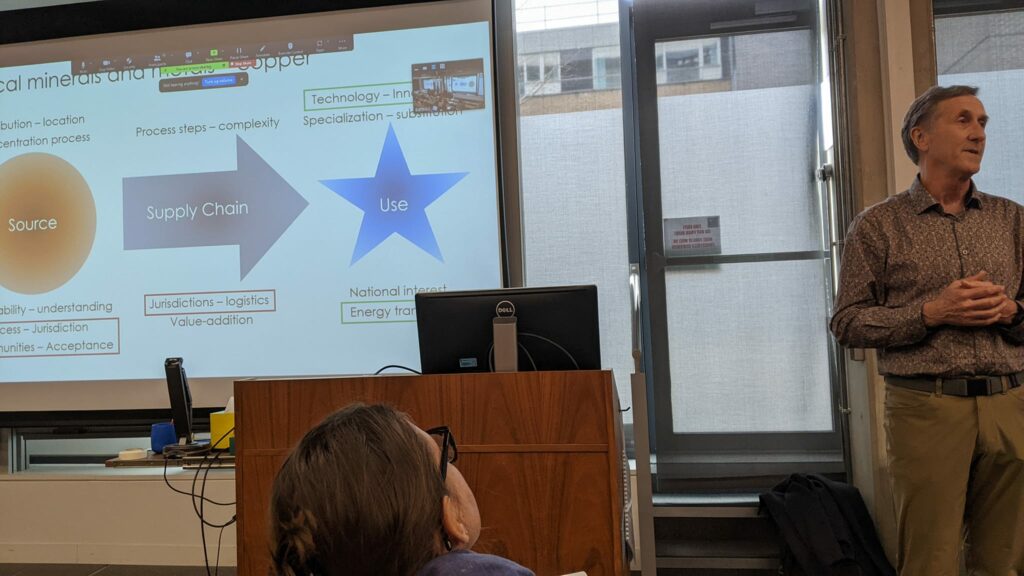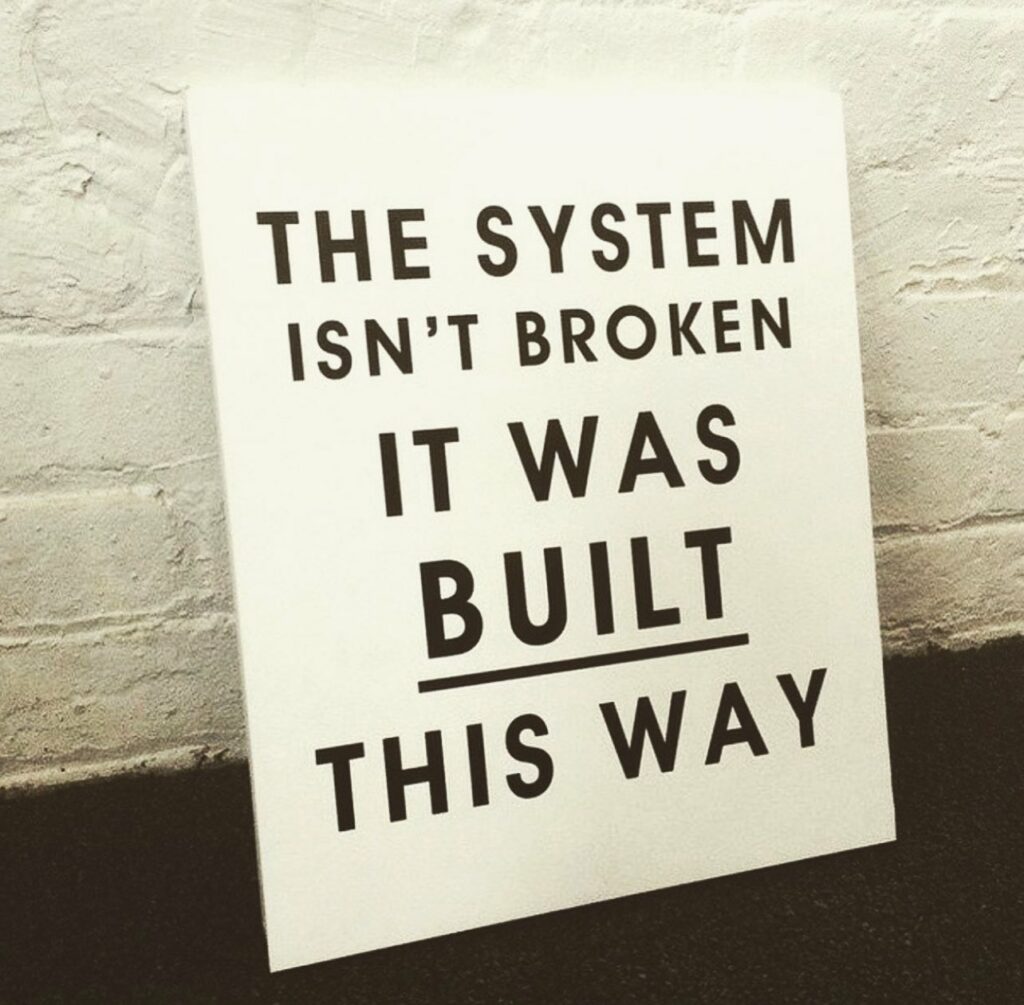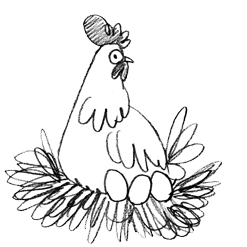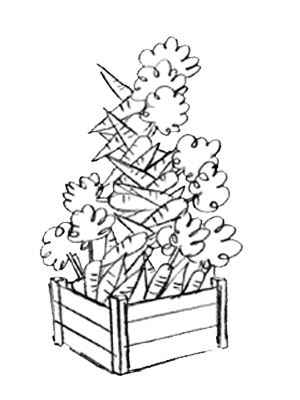The #openweb is a framework for human-centric, decentralized technologies built on transparency and collaboration. Its success hinges on trust, and as a slogan suggests, “Technology’s job is to hold the trust in place.” This concept is woven into the #OMN and #OGB initiatives, which emphasize community-driven decision-making and adherence to the #4opens principles.
#OGB and consensus, decisions are valid when a wide group of engaged participants achieves consensus. This safeguards against the normal invisible authoritarian control, single individual find it hard to dominate because the collective create and validate the decisions. Trust groups, not individuals, are the seat of power, ensuring better decision-making and accountability.
The role of #4opens, open process, open data, open licences, and open standards—acts as “gatekeepers” for technological decisions. #Openprocess ensures inclusivity and transparency, blocking decisions that don’t involve public participation. #Opendata guarantees that shared information is accessible, reducing the potential for siloed control. #Openlicenses prevent restrictive ownership that could undermine collaboration. #Openstandards resist fragmentation and force adherence to balance collaborative practices and individual paths. This “soft, swishy” approach avoids rigid authoritarian structures while maintaining #KISS robust, “enforceable” values.
let’s look at challenges and strategies for #OMN combatting #mainstreaming “common sense” practices that erode grassroots values. By build strong defaults into projects and hardcode the #4opens principles to keep them central. To make this happen, let’s try and stay polite and inclusive during outreach, avoiding burnout and adding mess through conflict.
Dealing with #fahernistas and trust issues, a significant challenge arises from people and groups who appear trustworthy due to their #mainstreaming tactics but ultimately undermine the values of the #openweb. Coders and contributors need to align with #KISS social change goals, ensuring a grassroots and horizontal approach to development, this is basic.
To do this, we need to work on sustainability efforts by avoid overloading projects with unnecessary features, “How does this fit into the #4opens?”. One path is to balance “friction” as a positive filter for misguided additions, while maintaining a welcoming environment for constructive collaboration.
Building a future beyond the #geekproblem, the “problem” originates from early open-source projects that #block the social dimensions of their technologies. By integrating the #4opens and prioritizing trust networks, the #openweb can (re)evolve into a human value network rather than a technological dead-end.
The #deathcult feeding off the decay of the #openweb perpetuates centralized and exploitative systems. All our activism is about, focusing on planting seeds for a grassroots rebirth, #nothingnew is a starting point, returning focus on modernist principles—clear goals, collective action, and systemic solutions—provides a foundation to grow #somethingnew.
The #openweb vs. #closedweb debate is not new, but it remains a critical narrative. By holding technology accountable to trust and community values, we create tools that empower rather than exploit. The #OMN and #OGB projects embody this path.
For those interested in coding for change, visit the OMN wiki and join the effort to make this vision a reality, please. Or you can donate some funding here if you don’t feel confident with tech path.
